Article by Odilia Okonga
I have slept for three consecutive days. My body is still protesting the tumultuous adventures of crisscrossing the dry, cool, hot, low, and high places in Africa. I lie here still numbing the pain in the muscles I had never used but activated on this trip. I hiked, climbed, and danced. My head is still throbbing as I effortlessly continue to reminisce the journey I organized for a group of wonderful people.
As we landed in Kenya, I suddenly realized that while I was happy to come home to my family and friends, for many in the group it was more than that. Their dream of stepping foot on African soil was about to unfold. The moment was spiritual; holy, pure and a real homecoming. I could see that everyone’s eyes were absorbing whatever they saw as personal and privately. A culture shock! Yes, it was home. This African Soil was their home.
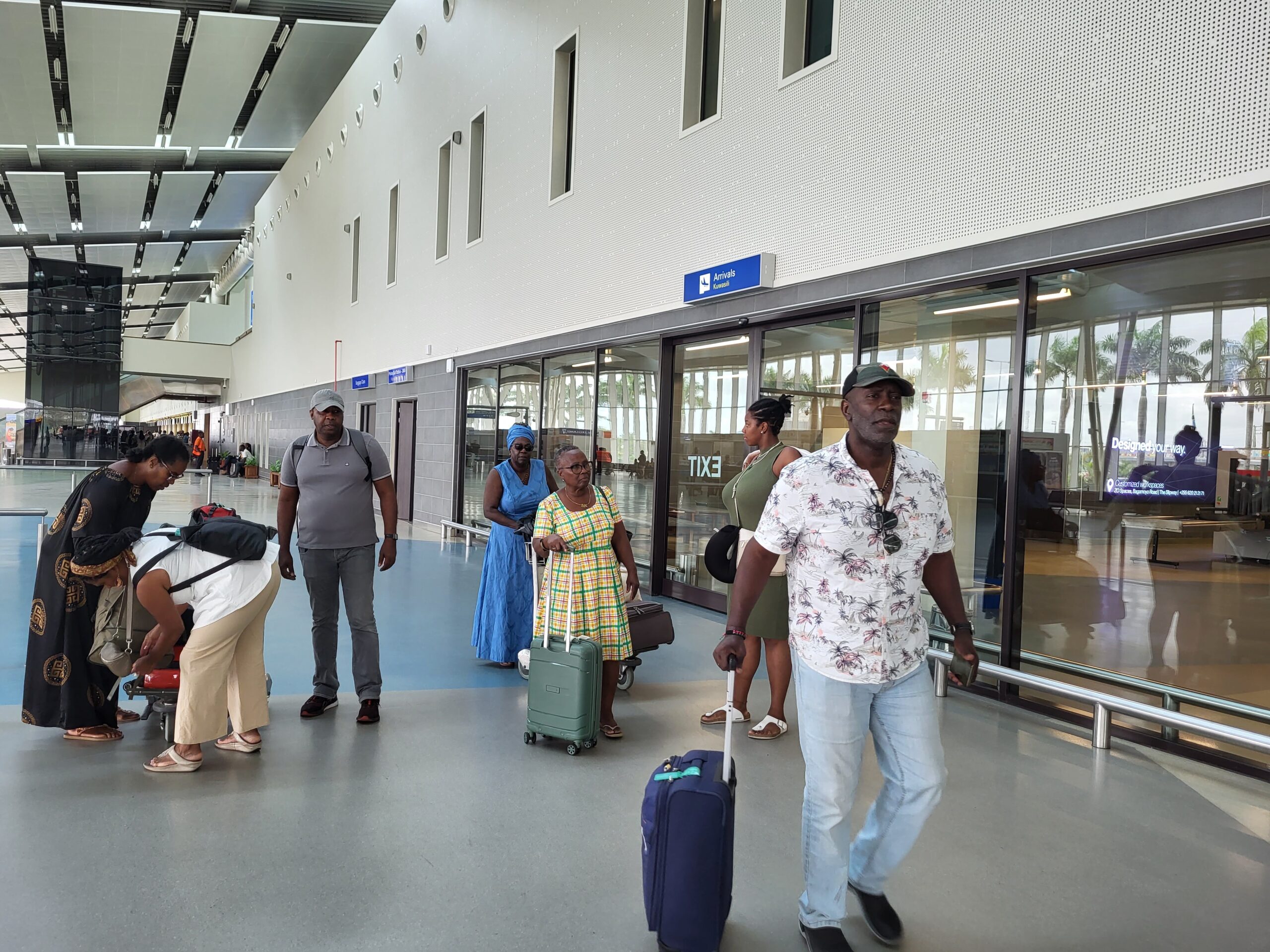
Maasai Mara was a sight to behold. The unending stretch of green landscape, full of wild animals was a story on its own. “We have only seen this on TV. But now we are here!” Whispered one person in the group. “How can I explain this feeling!” wondered another person loudly.
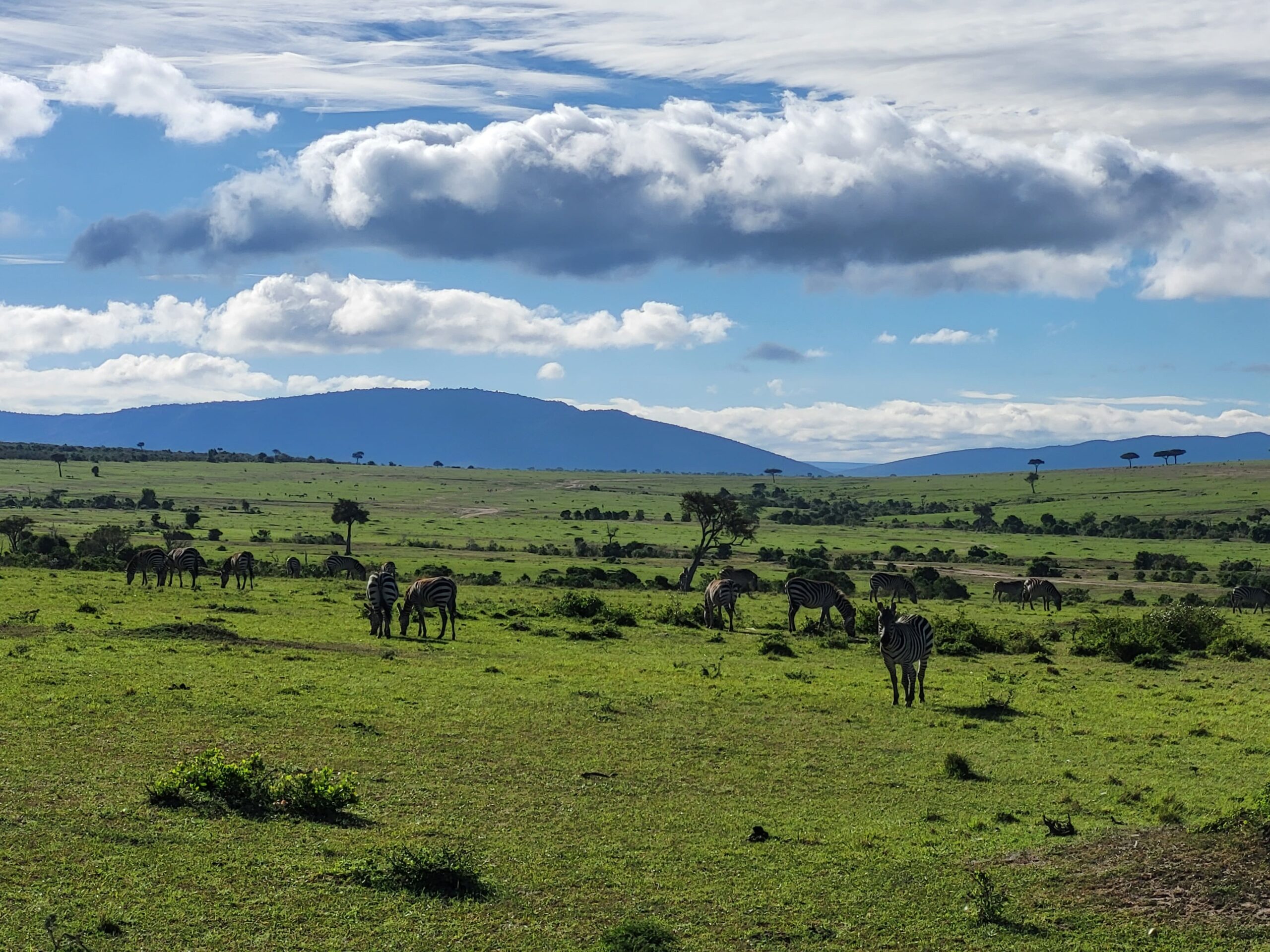
All along I had been feeling insufficient, but these remarks assured me that my people were undergoing something they had never experienced before. It was definitely something good. I could see it in their eyes and hear it in their voices.
Maasai Mara was a sight to behold. The unending stretch of green landscape, full of wild animals was a story on its own. “We have only seen this on TV. But now we are here!” Whispered one person in the group. “How can I explain this feeling!” wondered another person loudly.
” I wish I lived like the Maasai” One of our group members shared days later. “Funny that I felt the same while I was in the Maasai village.” I thought loudly.
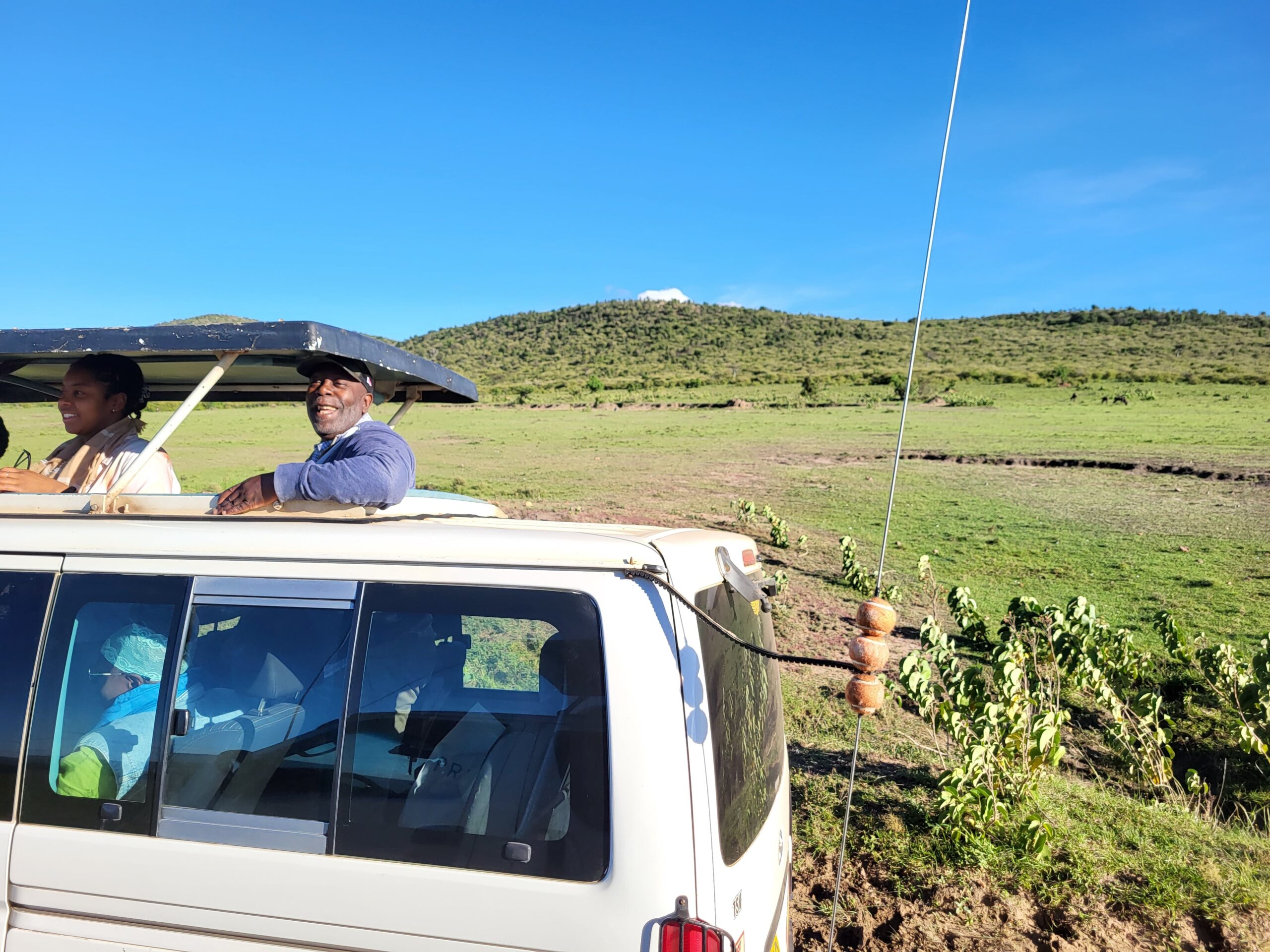
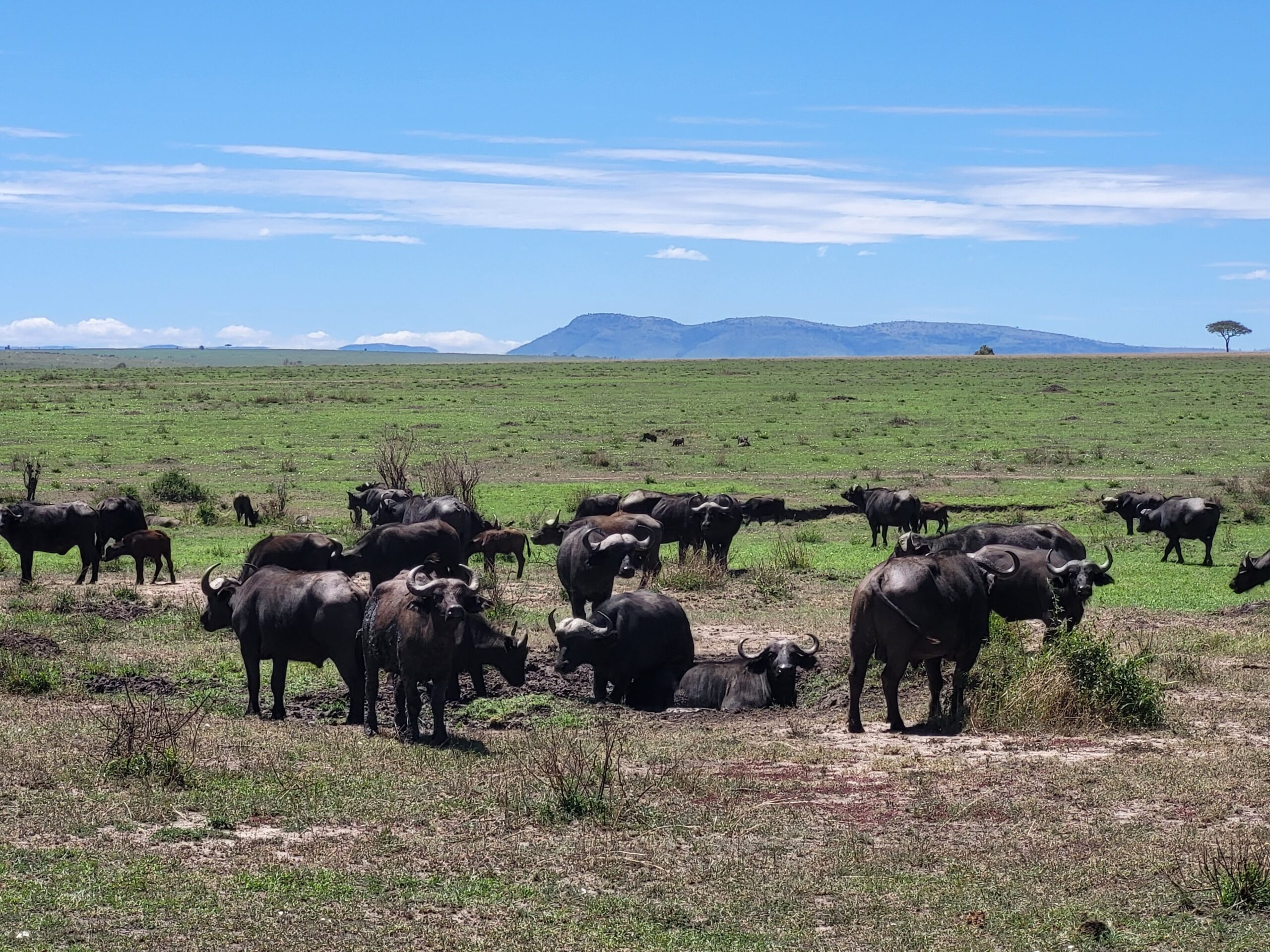
We fellowshipped with the Maa people. They generously shared with us their lifestyle, danced with us, and opened their doors to their homes. The Maa people live simple lives- no cars, televisions, skyscrapers, or refrigerators. Togetherness and ubuntu philosophy
(communal life) is all that is needed for a happy life among themselves. And my goodness, they are well organized.
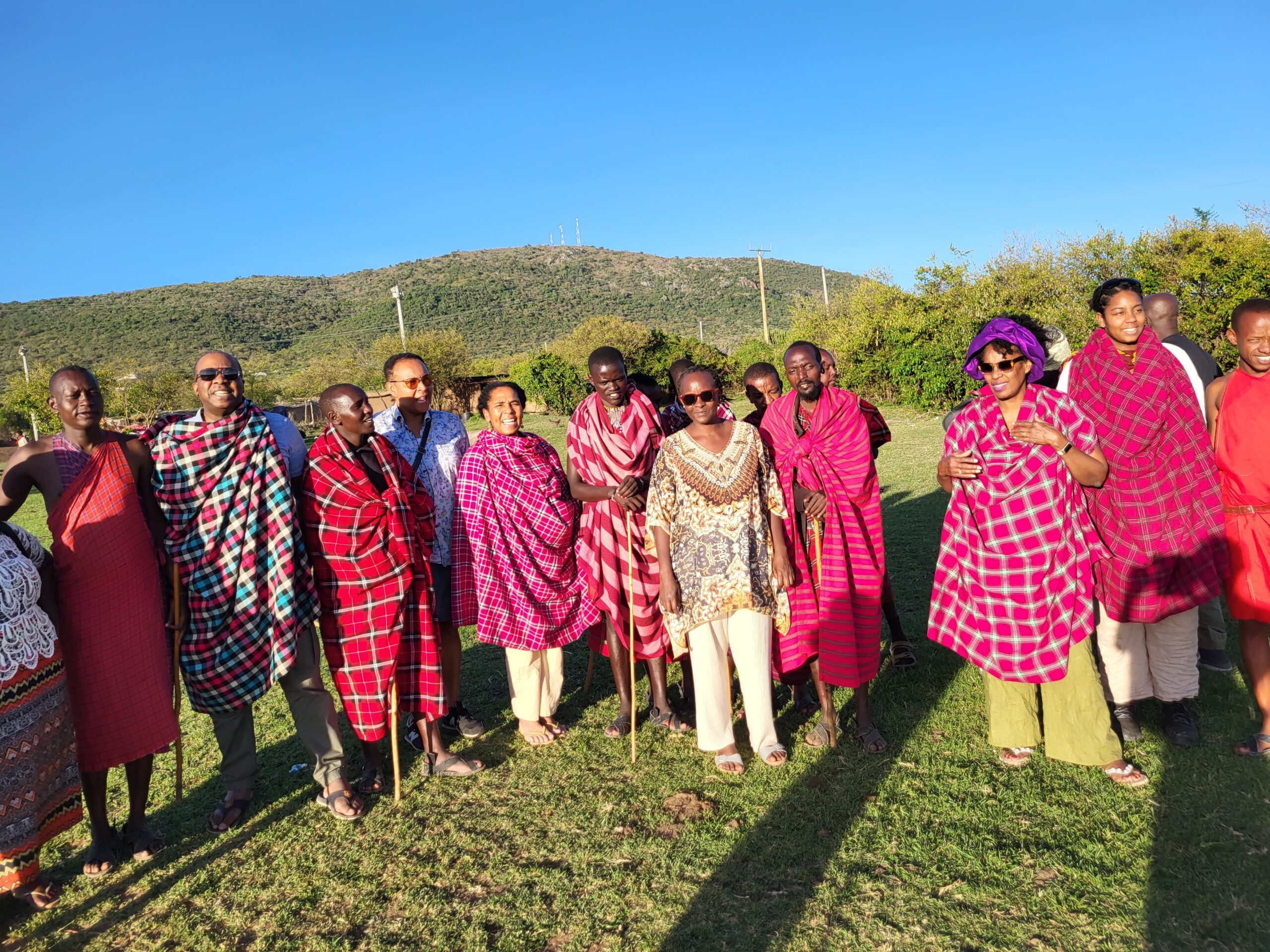
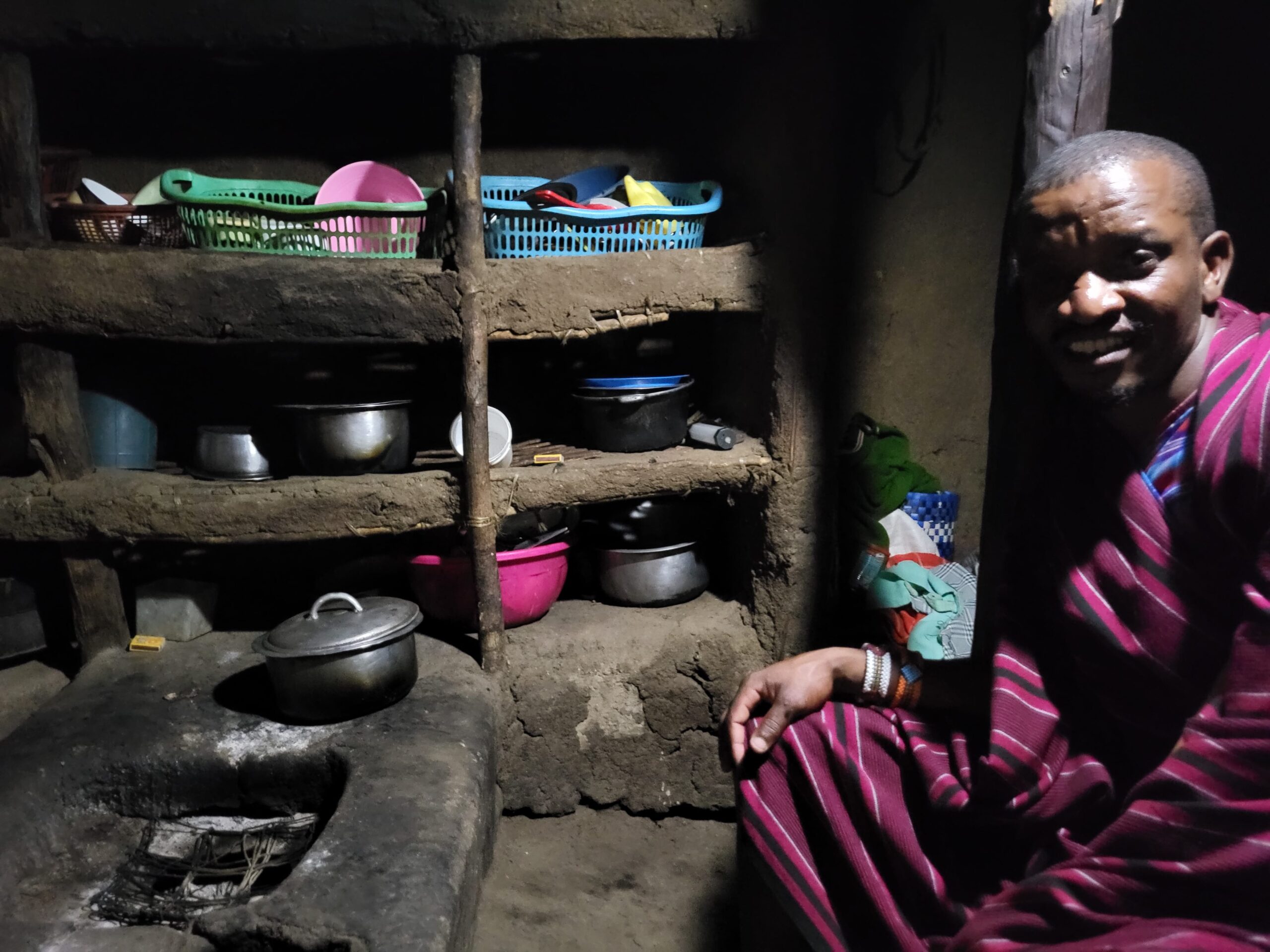
“”Everyone knows their role, including the children. I coveted the simple life enviously, remembering the hectic life that I experience in Europe. While the world is being shaken by the events in Israel and Palestine, the Maasai are busy and focusing on their cattle and families. None of the Maasais I met knows who Israelis or Palestinians are . With his eyes fixed on the sky, an elderly man asked, “Don’t they have elders to solve this problem?”
“I wish I lived like the Maasai” One of our group members shared days later. “Funny that I felt the same while I was in the Maasai village.” I thought loudly.
The trip to Watamu, Kenya was long but amazing. The palm trees, makuti houses, markets, and busy people on the streets brought memories of home to my new Caribbean friends. “This looks like Suriname!” They endlessly shared in the car, taking in every scenery attentively. African lifestyle has duplicated itself in the Caribbean!
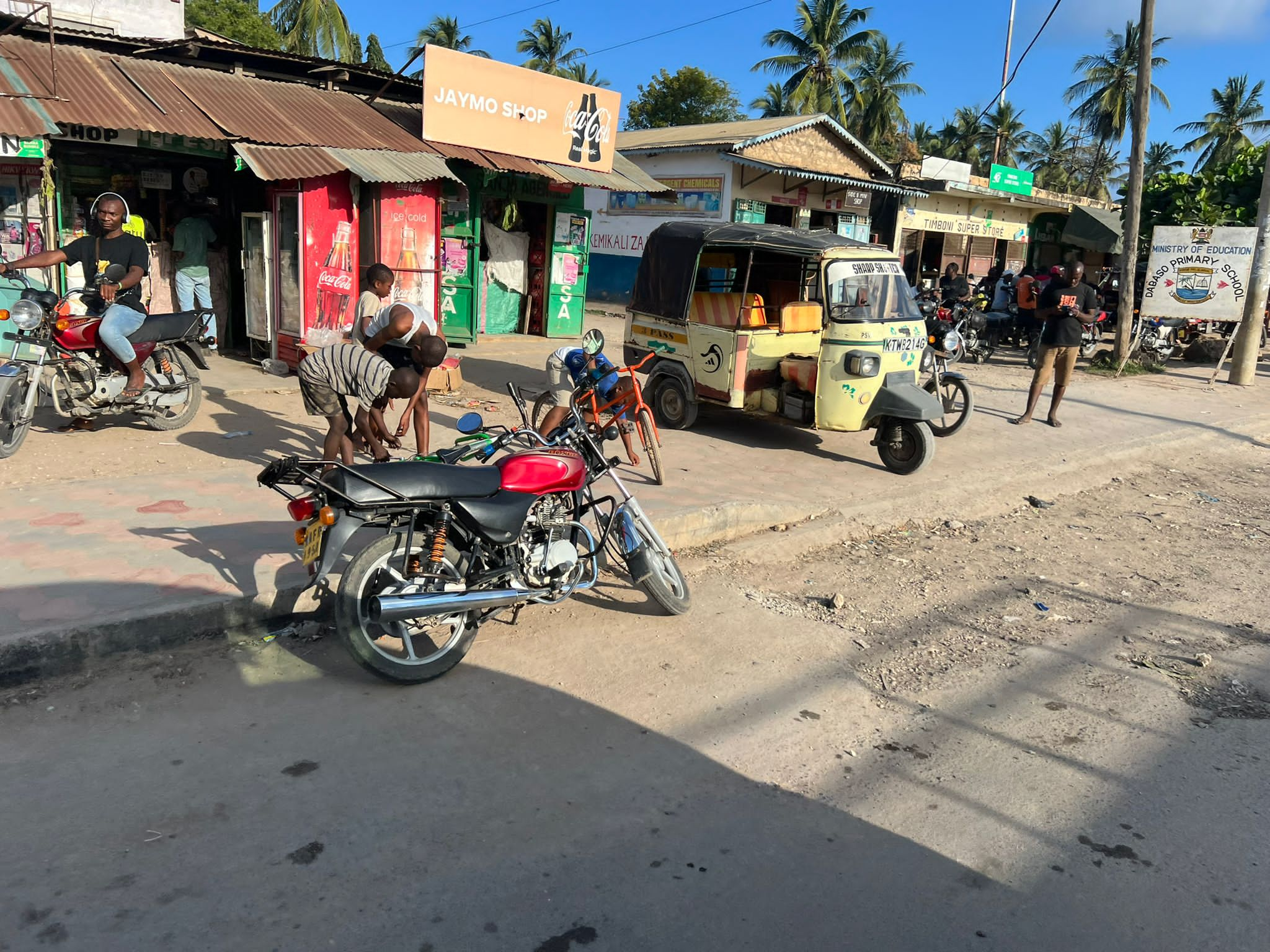
The beautiful white sandy beach, blue sky, and palm trees at the Coast form a classy picture of a Greeting Card.
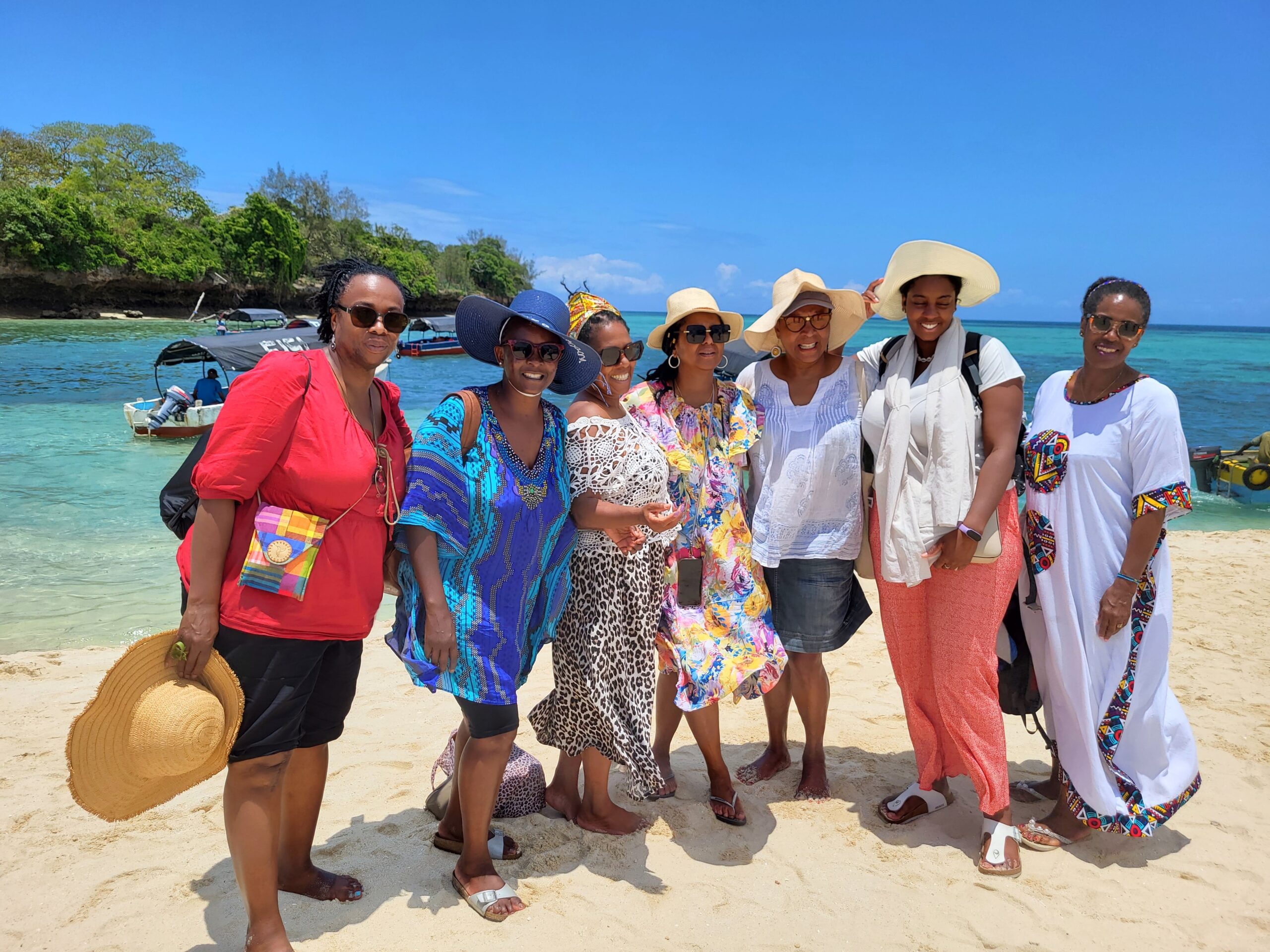
Zanzibar is an island that I will live to remember for a very long time. The blue ocean, white sands, the amiable people, the poetic Swahili language, and the food crowned my senses. It was remarkable to see how families gathered around Stone Town beach for quality time. Youthful boys diving into the Indian Ocean, young children rolling on the floor under the watch of their parents, and the atmosphere filled with the aroma of street food. Yes it takes the whole village to take care of the children!
The people came every evening with no special reason. Just to gather and enjoy the presence of each other. I wondered how it must have been a hell of loneliness during COVID curfews
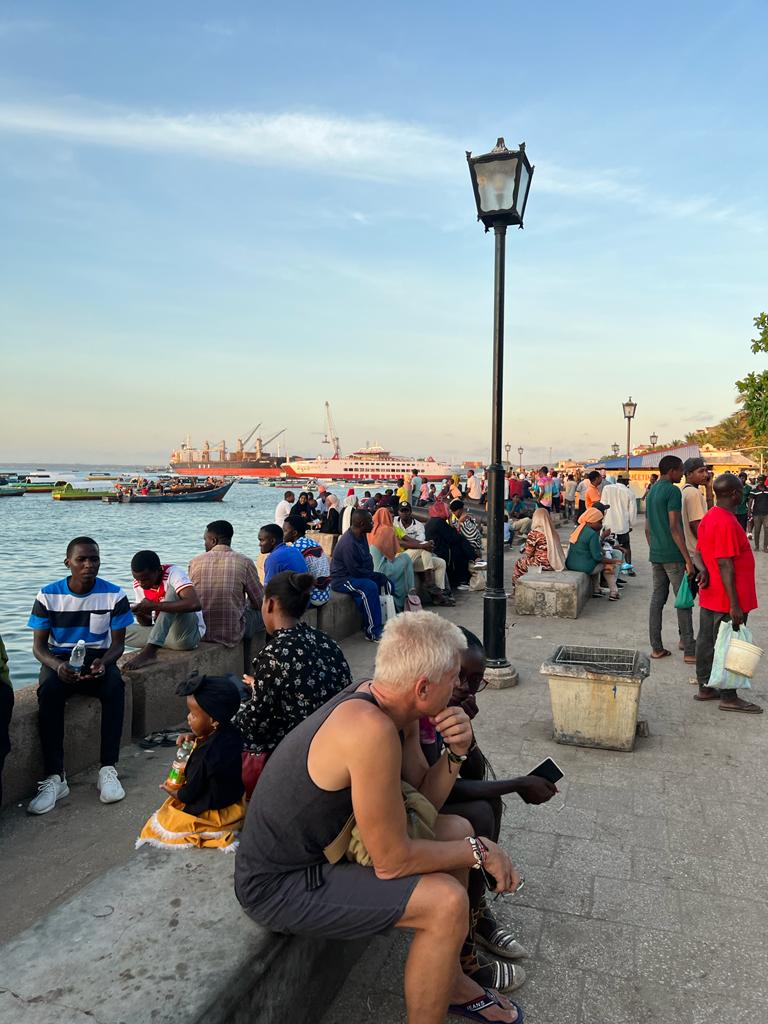
Our visit to the Slave market was as emotional as expected. Seeing the dungeons, hearing the stories of survival and dehumanization of a people, and walking in the footsteps of the enslaved people broke us down. What happened here is known as The Forgotten Arab slave trade of East Africa. Between 650 and 1900, historians estimate that 10 to 18 million Africans were enslaved by Arab slave traders and transported over the Red sea, Indian Ocean, and Sahara. Some were taken by Europeans via the South Coast to Brazil. Although the Transatlantic slave trade by Europeans into the Americas is still remembered, the Arab slave trade in East Africa was considerably worse. – source
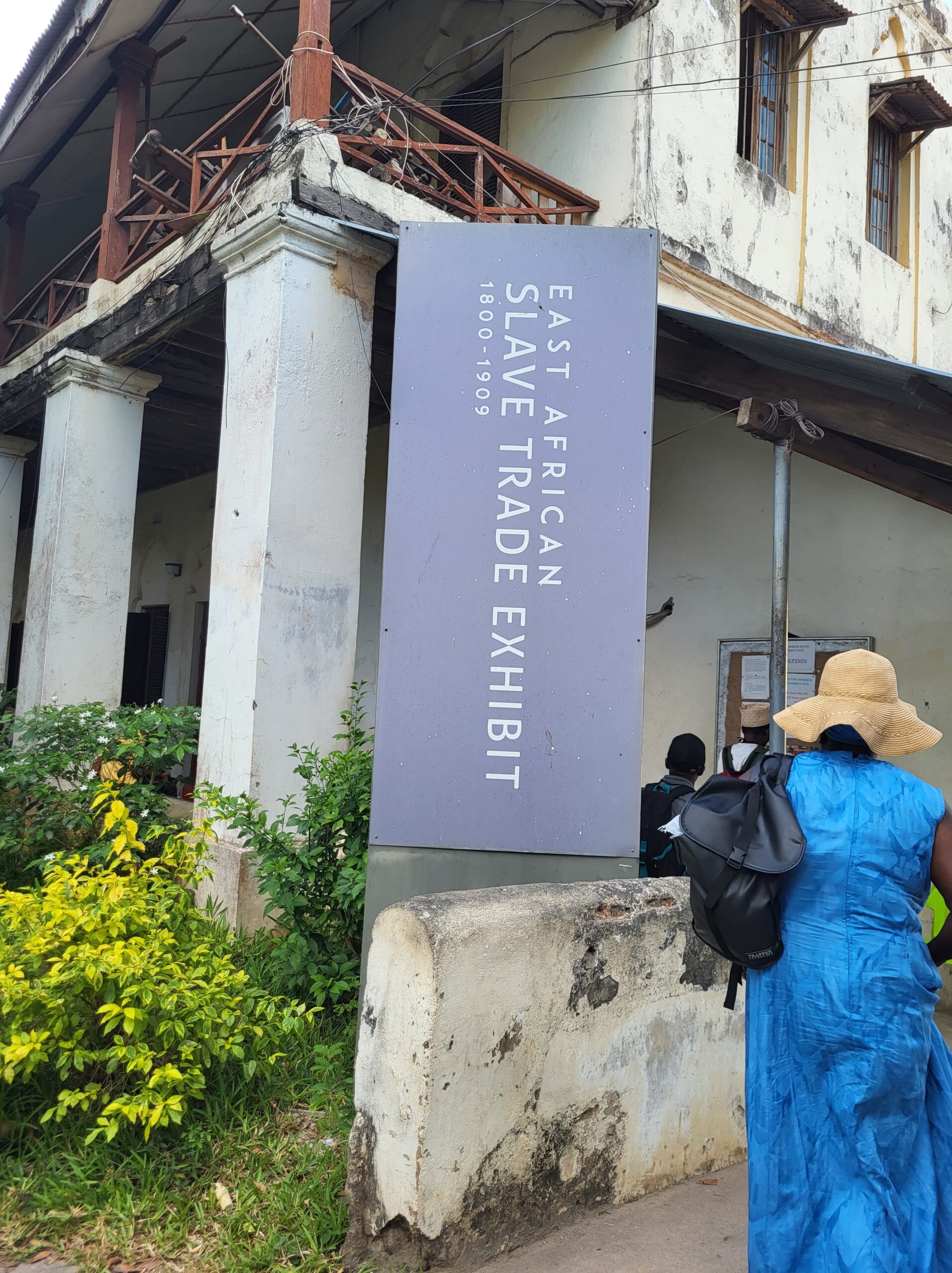
Tamba uone, kama hukutamba huna uonacho, (Kutembea kwingi, kuona mengi) is a Swahili saying that loosely translates to; Travel far to see, if you do not travel you see and learn nothing.
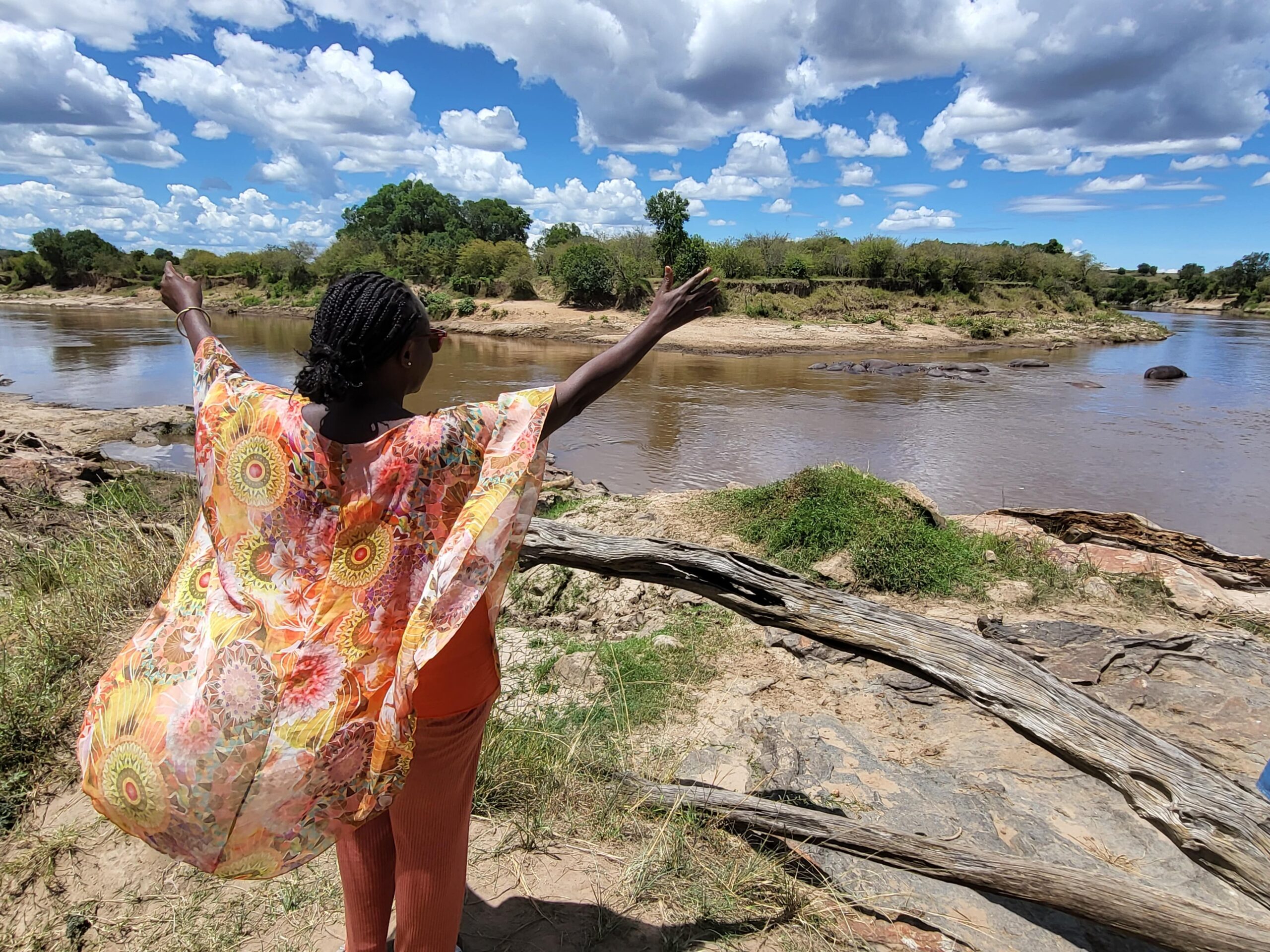
Have you ever wanted to travel to Africa? Or desired to experience a simple life?
It is a great learning experience also for your children.
Connect with us: [email protected]
